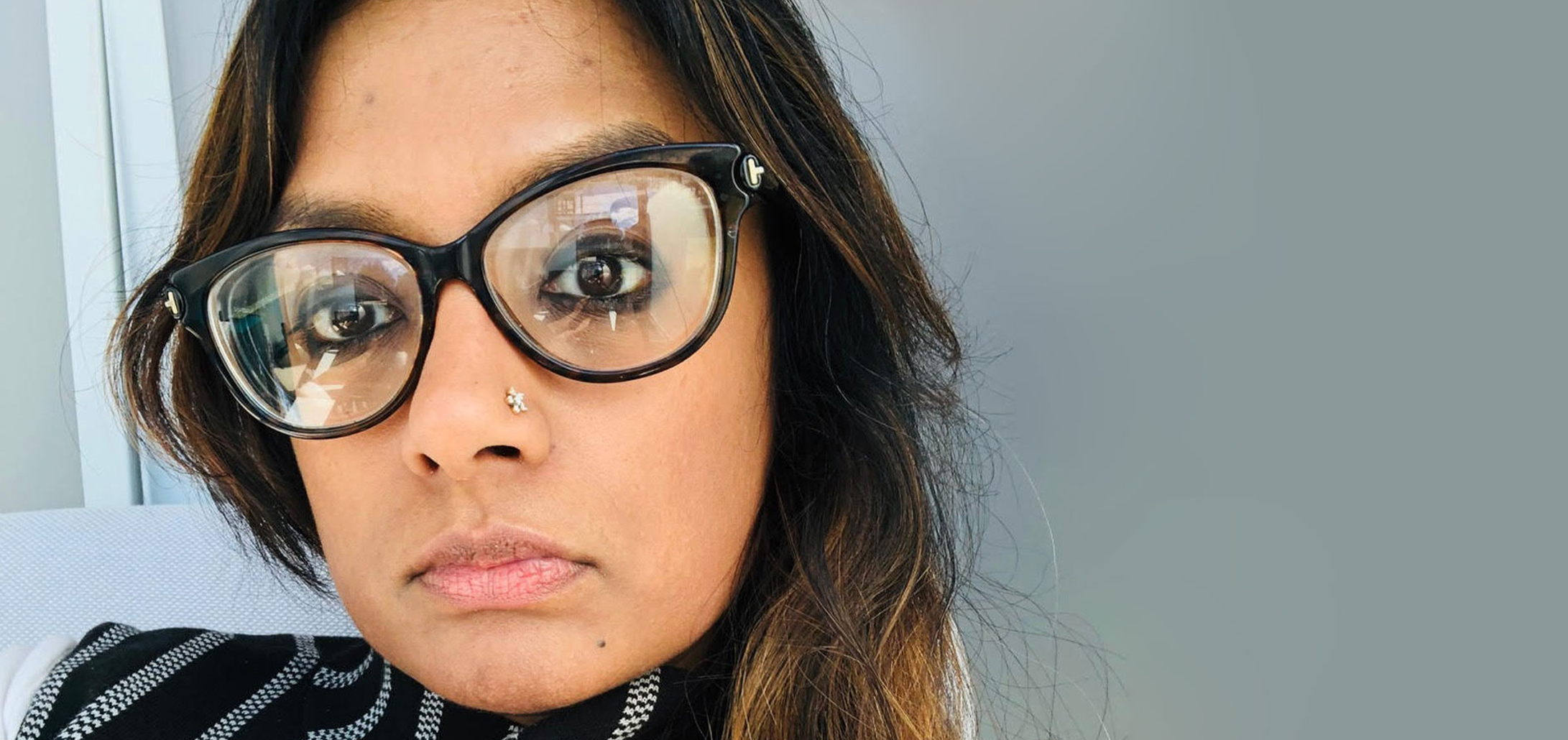Meet New Pluralists Executive Director Uma Viswanathan

My dad had emergency open heart surgery last week. As he lay waiting in the operating room, everything came into focus. “I felt like I was balancing on a thin wire between life and death,” he shares.
The Courage to Heal
My dad had emergency open heart surgery last week. As he lay waiting in the operating room, everything came into focus. “I felt like I was balancing on a thin wire between life and death,” he shares. “I looked at my own heart, and I found that I have no hatred for anyone. I haven’t held grudges or blame. My life has been about love”. Appa is the person in our family who brings harmony and balance, who mends rifts, who nudges stubborn siblings to see the other’s perspective. By telling a joke, recounting a well-worn family tale or evoking a sweet memory, he reminds us that this is just a moment in a long life. He goes out of his way to make others feel at ease, never seeing it as an inconvenience. All the love he has expressed throughout his life, he felt coming back to him in abundance in that moment. His unshakable bonds with all of us — his family and friends in India, America, and across the globe — were holding him up as he was rolled into the operating room. He was content. (I’m relieved to share that he’s doing well, back home, recovering from his surgery like a champ.)
Who will we become in this moment of challenge?
As the tidal wave of the global pandemic swept over the planet, it laid bare who we are and what matters to us — as individuals, families, communities, workplaces, and as a society. In some cases, it has amplified existing tendencies and trends. Social isolation has exacerbated anxiety, depression, and for some, has furthered a sense of deep separation and disconnect from our shared humanity. Media and political culture have hardened our partisan identities, fueling toxic levels of distrust in government, science, institutions… and in each other. Disdain and disgust for those whom we label as “them” is propagating a culture of dehumanization. We’ve limited the range of words and expressions that are acceptable and possible among those whom we’ve labeled as “us.” And as we dig our heels in, we are losing. We are all losing on the beautiful possibility of what we could become.
If democracy is grounded in open discourse and exchange of ideas, our democracy is balancing on a thin wire. Not just the institutions of democracy, but our belief in the social experiment that started just a few centuries ago.
It’s time to examine our hearts. But it takes courage to do that. It takes courage to say “let’s move forward together.” It takes courage to stand against the powerful currents that are tearing us apart. That statement alone — that we must do this, together —- is often interpreted as a moral failure, a compromise that those committed to fairness, to freedom, liberty, and justice would never make.
Yet, being together does not mean we can patch over our deep wounds or avert our eyes to hard truths. Care about how the choices we make impact others will enable us to navigate our tensions and challenges together. It requires we have faith in others who see things differently, and are willing to replace old habits with new patterns. It takes courage to change and be changed. It takes hope to heal.
With a sense of hope, patience, and courage, I step forward as the executive director of New Pluralists, a funder collaborative growing the field of pluralism in America.
Who am I in the context of pluralism?
I am the daughter of immigrants. As a second-generation Indian-American, I know what it is to live between worlds. I was born and raised in New York, and yet I have been asked “where are you really from?” my whole life. In India, I am told I am a foreigner. These are othering questions that don’t allow me to really be from wherever I am. But I see this transnational space as a gift. I have navigated two very different cultures my whole life, whose values and perspectives on family, childhood and adulthood, responsibility, and gender roles can conflict or contradict, and often talk past each other. And I’ve experienced how these two paradigms — one ancient and collectivist and the other new and individualistic — can coexist within me.
Being from two worlds sparked in me a deep curiosity about the human and social experience — what makes us think, feel, and make choices as individuals and groups. I began my professional journey in psychology and cognitive neuroscience at Harvard, but felt called to pursue my study of the human experience through the yogic path. I became a student, then a teacher of meditation and yogic philosophy under Sri Sri Ravi Shankar, and spent seven years traveling the country working within and across vastly different communities. I held spaces of self-discovery and healing among returning veterans, incarcerated people, youth transitioning out of gangs, college kids struggling with anxiety looking to find meaning in their lives, parents, teachers, social workers, and community members. This work brought me to Haiti for four years, where I used these healing modalities to activate a sense of agency and build a network of hundreds of young Haitian leaders who are overcoming decades of corruption and deprivation of basic human needs and building their own solutions to the problems in their communities.
Through my work with so many different types of people, communities, and leaders, I have discovered that the more belonging we feel with ourselves, the more we can experience ourselves as part of an interconnected whole. Belonging, pluralism, empathy building, bridging aren’t simply logical, intellectual terms. They are embodied and experienced and can be nurtured. Fostering belonging in the living rooms, classrooms and conference rooms, I have discovered, happens not just through direct challenge or vocal opposition, but through self-awareness, thoughtful inquiry, and deep listening. When I practice self-inquiry, I witness myself beyond my own thoughts, emotions, patterns, biases, and assumptions. With that awareness, I find the freedom to hold them loosely, rather than being held by them. This enables me to be present with the stories of others, to watch my own reactions without getting lost in them.
Deep listening to human stories is what brought me into the field of racial equity, and opened my eyes to how historical systemic and cultural forces shape our current realities. After returning from Haiti, I found myself in Oakland, where I ran a leadership institute developing advocates and organizers from diverse racial and ethnic communities to join local boards and commissions. I helped prepare them to sit at the table, build alliances, find shared values, and negotiate decisions with people whom they’d been organizing against for years. Embedded in Oakland’s nonprofit ecosystem, I began to see clearly the distance between how philanthropy often conceptualizes and engages in change, and the human, relational, messy and dynamic process of change in communities. I entered into philanthropy seeking to become a bridge between funders and the human nature of social change work, first as a program officer at the Kellogg Foundation and then at the Robert Wood Johnson Foundation. I saw what becomes possible when funders take a highly relational and trust-based approach with nonprofits, while seeking patterns, mirroring back and facilitating connections among people and ideas.
How will we be when we are together?
While in progressive spaces of funders and nonprofits, I found myself in partnership with people who share my passion for fairness, justice and equity, but who frequently gave into deeply tribal sentiments, dehumanizing “the other,” flattening both sides, competing to be more righteous, a posturing that left me feeling both dissonant and distant from the deepest level of human compassion. How could we build a fair and just world from a place of disdain? I yearned for a brave space of healing, one that could accept the imperfections of both individuals and institutions, while simultaneously centering a shared desire to collaboratively forge a new, better way forward. Now, I am filled with joy to have the chance to build this brave space together.
I’m here because I am committed to making our country more just and more whole. But how we get there matters. It’s tempting to want to “fix” what’s wrong with America, and in so doing, to hone in on the multitude of problems we face: polarization, demonization, othering, and hate. It’s equally easy to devolve into a fighting stance, one we witness across the ideological spectrum, that pits ‘us versus them,’ and ‘right versus wrong.’ There is a yogic sutra that posits “opposite values are complementary.” Darkness cannot exist without light; stillness cannot exist without movement. Rather than getting locked in a space of opposition, this sutra offers that we can step into a transcendent balance of countervailing truths, as a pathway into love and evolution. As I move into this role, navigating many lines of polarity, tensions, and differences, I lean into this frame of transcendence, holding contradictions and seeking complementarity.
How can we soften the rigid hard lines we’ve drawn, blending them and bending them to adapt without breaking?
I am holding this question and many more. This work will be guided more by our questions than quick and easy answers. Emergence requires humility, and a sense of wonder. I’m ready to step into the messy, dynamic, emergent nature of this complex work, and resist the impulse to fit it neatly into boxes. As a painter, I can see endless possibility, and recognize that what emerges from the sum of unexpected pieces will be more beautiful than its individual parts. It will require that I, and we, listen deeply, transcend our own egos and zero-sum thinking, and embrace an inherently emergent, dynamic, and collective way of collaborating as we build this together.
How exactly will our efforts unfold over the coming months and years? This is a question we will answer together. While we have an initial blueprint for ways we can help bolster the work that is already underway, and ideas for key investments that we hope will add coherence and strength to this growing field, we know that success will come from co-creation with those who are already doing the work. As we knit together this rich ecosystem of Field Builders, funders, grantees, and partners, each of these groups will remain our co-creators and critical stakeholders. The building of a field is not the goal itself, however. It is the way we will move into our ultimate north star.
If we do our work well, over time, we will see the ecosystem we’re nurturing take on a life of its own, generating, embedding and spreading practices and stories that are causing significant shifts in how everyday Americans behave towards one another. We will see a shift in how people treat each other and solve problems in classrooms, workplaces, community centers, and neighborhoods. This will happen as more and more people see themselves as part of America’s story, part of the journey from division into wholeness. It will happen as we work to ensure the best pluralistic practices are infused and embedded into the organizations, networks, and systems where people naturally gather, exchange, and build.
How can we hold space for healthy conflict while at the same time holding onto the deepest hope that we are all capable of something more?
Perhaps there is a way forward that seeks healing, loving, and feeling, rather than the intellectual puzzle of having the right solution. Perhaps there is a different way that we can be together, as neighbors, as communities, and as a nation, that centers human connection over one right answer, that allows us to be together in loving union, without pressing for unity. It will take intentional effort for us to forge this new way of being. Yet, I believe all deserve the space to lean into the dream of what we can become, without getting stuck where we are.
Over the coming weeks, you can expect to hear more from me here. I hope that you will share your questions in the comments on this thread, or directly with us. We will be compiling and answering these questions into an FAQ on what this effort is and is not, and what we hope to accomplish together. You’ll hear directly from some of our funders and Field Builders about why they are engaged in this work. We are always on the lookout for ways we can learn and engage together.
As I embark on this journey with you, I join you as my father’s daughter. I carry in me his values of love and compassion. I bring his tenacity to keep people connected and moving together. I think about the people who will inherit the fruits of our work. How will our choices today shape their world? How will future generations tell our story?

